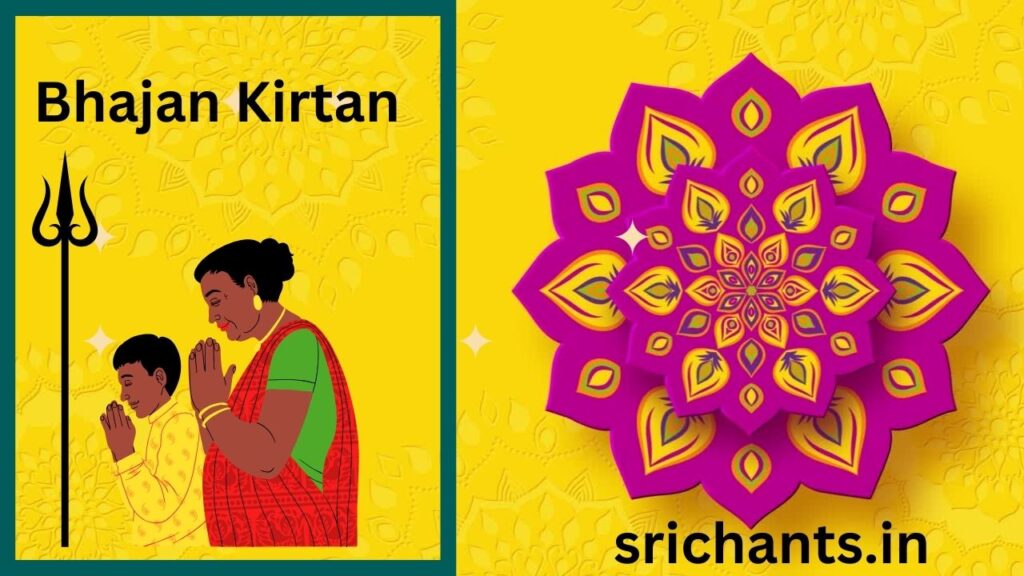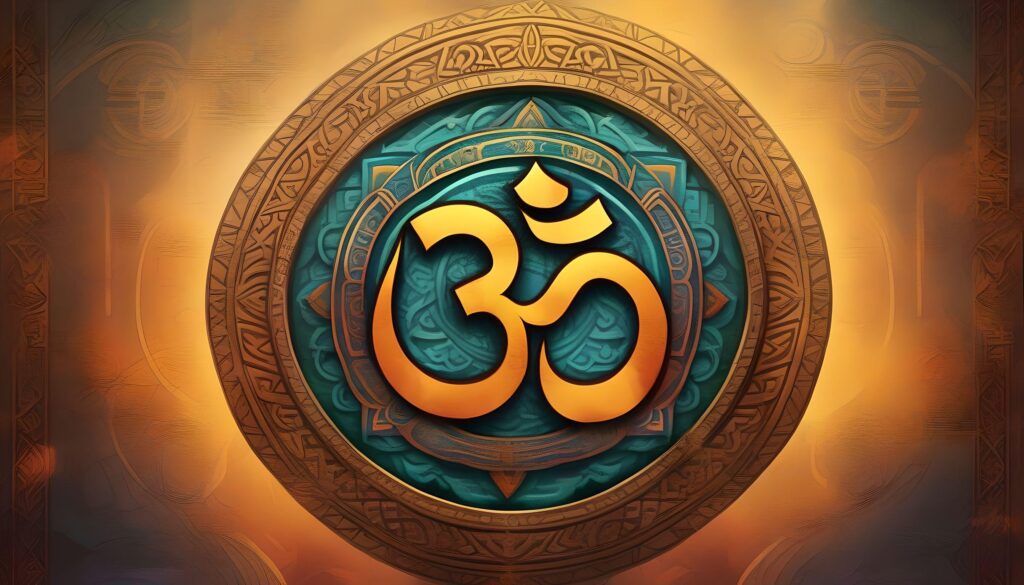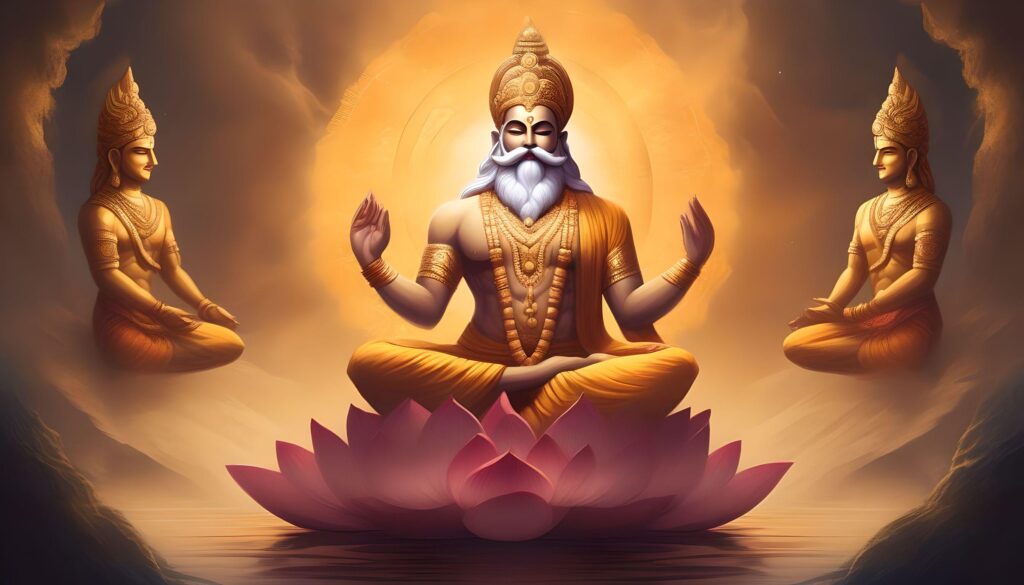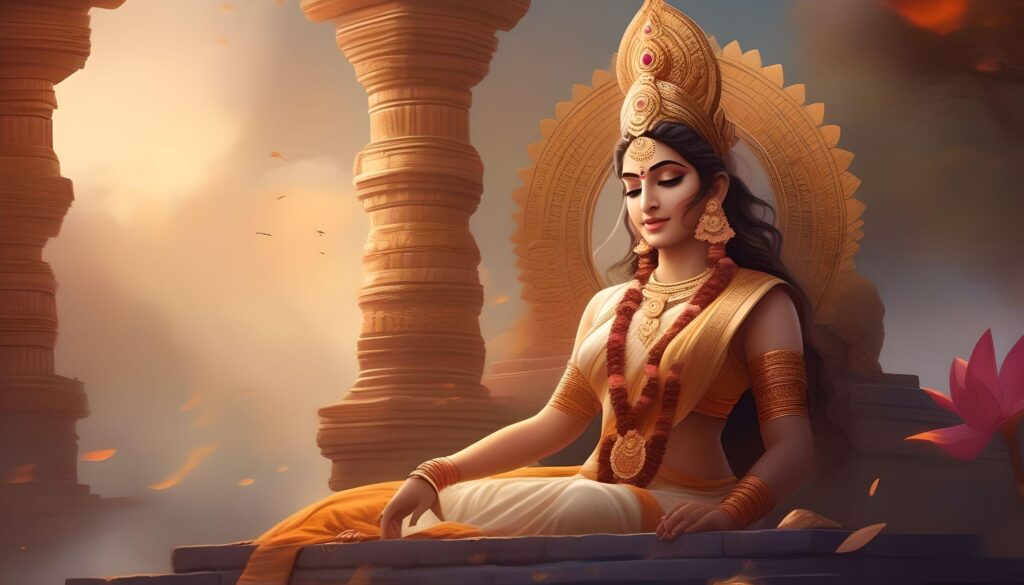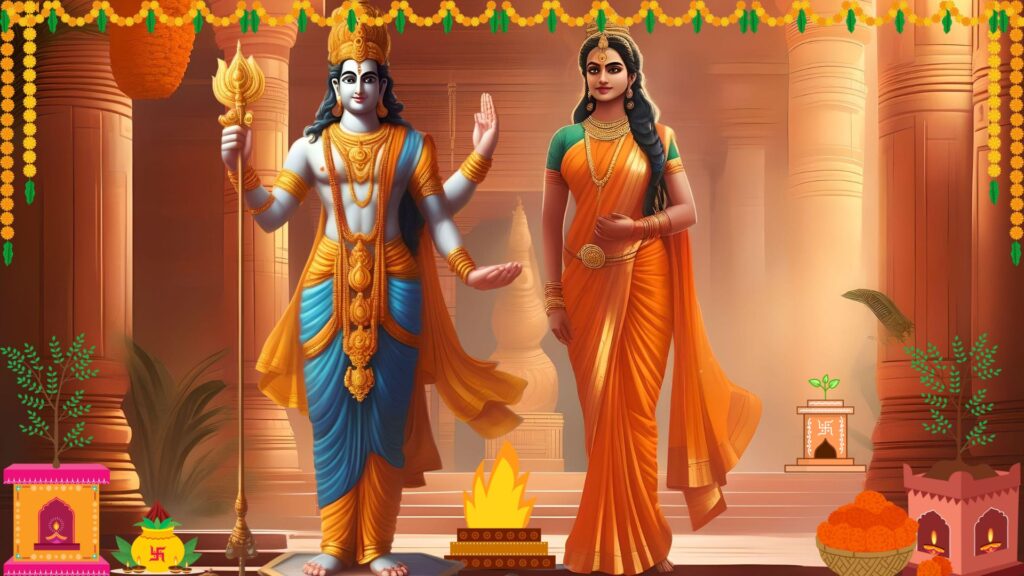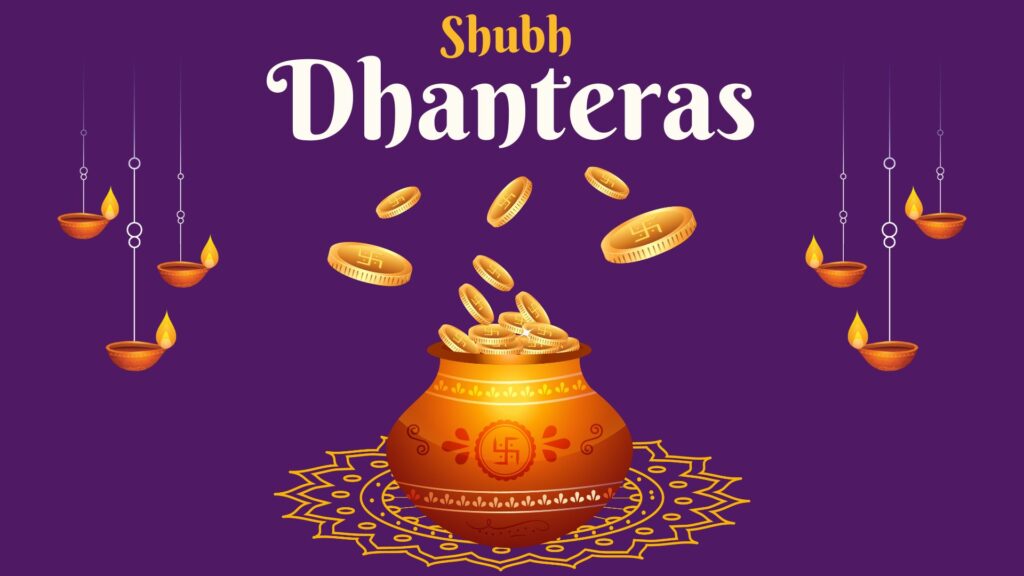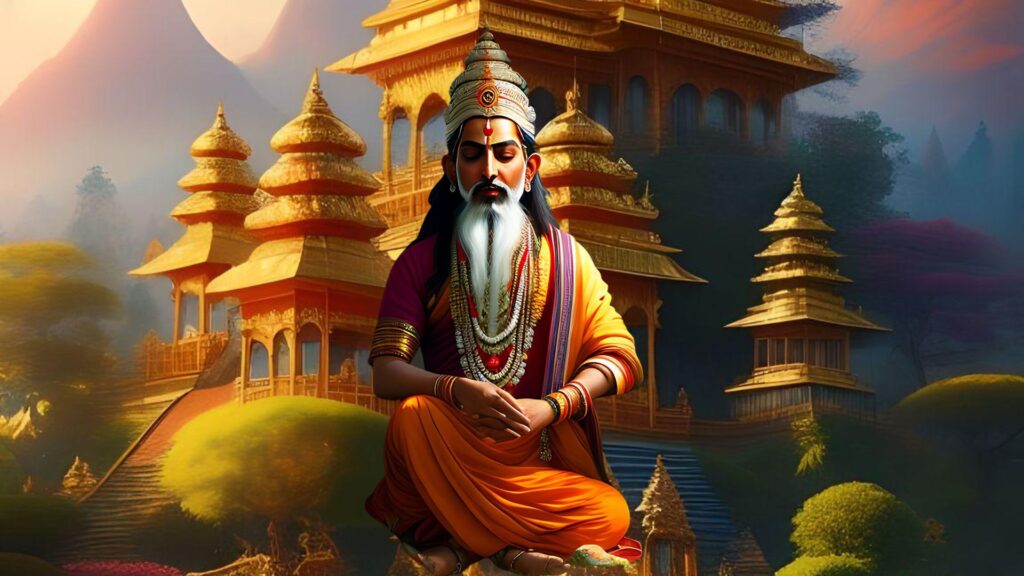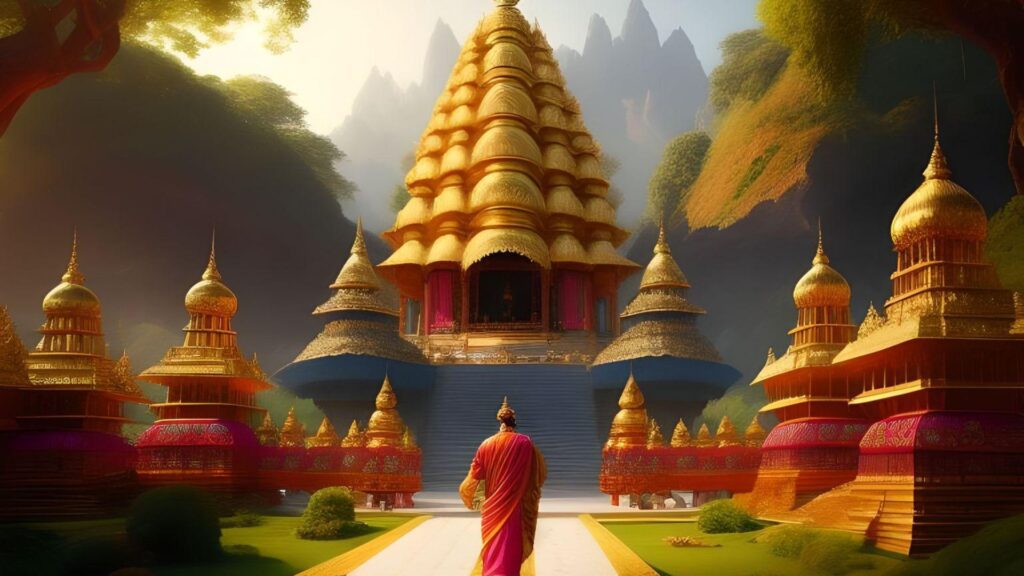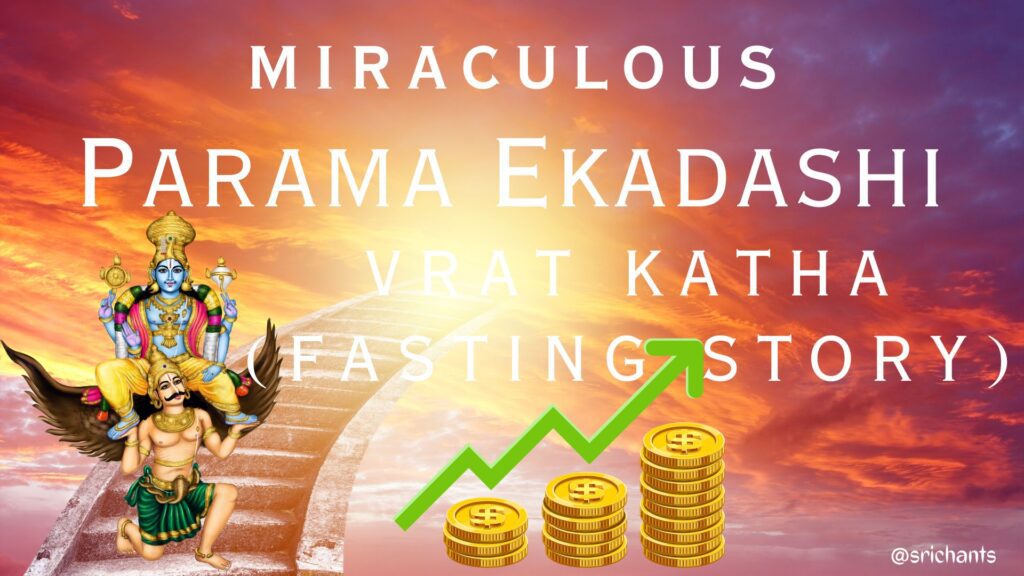Bhajan Kirtan : The way of life in Hinduism
Hinduism is profoundly ingrained in the sacred musical practices of bhajan and kirtan. These acts of devotion function as a method of establishing a connection with the divine and cultivating a sentiment of adoration and commitment towards the celestial beings. In contrast to Bhajan, which predominantly revolves around the sung expression of devotion and love through spiritual compositions, Kirtan entails the reciprocal recitation of mantras, frequently with the deities Radha, Krishna, Sita, and Rama at its center. This article aims to examine the cultural impact, historical roots, and significance of Bhajan and Kirtan within the context of Hinduism.
Origins of Bhajan and Kirtan
Bhajan and Kirtan are rituals that have their origins in ancient Hinduism. However, it was the Bhakti movement of the Middle Ages that propelled these musical styles to prominence and acclaim. Initiated by Tamil poet saints of South India in the sixth century, the Bhakti movement emphasized the path of devotion (bhakti) as a way to attain union with the sacred. Over time, Bhajan and Kirtan evolved into essential components of this devotional tradition, proliferating across the Indian subcontinent.
The Power of Music in Devotion
A unique position is occupied by music in the performance of Bhajan and Kirtan. It functions as a potent conduit for eliciting emotional responses and fostering a profound communion with the divine. Participating in communal singing of praises and chanting of mantras fosters an ambiance characterized by devotion and solidarity. Bhajan and Kirtan melodies and patterns are intended to stimulate and cultivate one’s devotion to God. Singing the names of the divine through Kirtan, according to the Gaudiya Vaishnavas, a lineage of Hindus who venerate Krishna as God, is a direct path to encountering the divine presence.
Bhajan: Expressing Love and Devotion
An bhajan, which is a hymn or devotional song, is an expression of affection and devotion to a particular deity. It functions as a conduit for voicing petitions, expressing appreciation, and soliciting blessings. Numerous Bhajans prominently feature the names of deities such as Saraswati Ma, Durga Ma, Ram Ma, and Shiva Hanuman. Bhajan lyrics are frequently figurative and imbued with spiritual significance. Deep emotions and profound messages are conveyed by them, moving the souls of their devotees.
Kirtan: The Call and Response Singing
In contrast, Kirtan is a communal activity involving the call-and-response singing and chanting of mantras. It consists of a primary singer or group reciting a line of a song or a mantra, which the remaining participants then repeat. Through the repetitive motions of Kirtan, participants are able to become fully engrossed in the divine vibrations, fostering a profound sense of unity both with the collective and with the divine. Kirtan’s inclusivity is owed to its simplicity and accessibility, which permit participation by individuals irrespective of their musical aptitudes.
Bhajan and Kirtan in Hindu Worship
Bhajan and Kirtan are integral components of Hindu religious festivals and worship observances. These rituals are frequently enacted in ashrams, temples, and religious assemblies. By performing Bhajan and Kirtan, devotees invite the deity’s presence, foster a sacred environment, and strengthen their relationship with the divine. These musical practices are regarded as demonstrations of devotion and submission to the divine will.
Cultural Impact and Global Reach
As time has passed, the prevalence of Bhajan and Kirtan has expanded beyond the borders of the Indian subcontinent. The transcendental tenets of Hinduism, enhanced by the mesmerizing tones of Bhajan and Kirtan, have resonated with people in every region of the globe. The International Society of Krishna Consciousness (ISKCON) played a pivotal role in popularizing Kirtan in the United States during the 1960s, thereby inspiring a multitude of Kirtan enthusiasts and performers. Kirtan was introduced to Western audiences with the assistance of Jai Uttal and Krishna Das, who effectively fused Eastern and Western musical traditions.
The Transformative Power of Bhajan and Kirtan
Bhajan and Kirtan possess the capacity to bring about profound changes for both individuals and communities. A sense of unity is fostered through the collective singing and recitation of mantras, which also facilitates a shared spiritual experience. The repetitive nature of these practices facilitates the cultivation of inner calm and mental tranquility. Bhajan and Kirtan function as vehicles for self-expression and emotional catharsis, enabling participants to establish a profound connection with their innermost sentiments and seek comfort in the divine essence.
Incorporating Bhajan and Kirtan into Daily Life
Kirtan and Bhajan are not restricted to temple settings or special events. They can be integrated into one’s daily routine as a means of engaging in meditation and spiritual practice. Those who are devoted may designate an area within their residence as a sacred space, allocate time to partake in Kirtan or recite Bhajans, and permit these activities to enhance their union with the divine. A considerable number of individuals seek solace in online Kirtan communities or devotional music, which enables them to experience a sense of spiritual connection from the convenience of their residences.
The Universal Appeal of Bhajan and Kirtan
Bhajan and Kirtan possess a universal appeal due to their capacity to surpass religious and cultural barriers. Diverse individuals are moved by the devotional messages and melodies, which fosters a sense of unity and a shared spiritual experience. Bhajan and Kirtan have evolved into instruments that facilitate interfaith dialogue by fostering harmony and understanding between various religious traditions.
Conclusion
Bhajan and Kirtan, which have their origins in the ancient Hindu traditions, persistently motivate and elevate individuals across the globe. These devotional musical practices facilitate a profound connection with the gods and goddesses by serving as a vehicle for expressing love and devotion to the sacred. Bhajan and Kirtan, whether enacted in temples, homes, or online communities, exert a profound influence on individuals, fostering an environment conducive to spiritual development and cohesion among their devotees. Savoring the profundity of Bhajan and Kirtan can provide solace during periods of elation and adversity, thereby enhancing one’s spiritual voyage.
